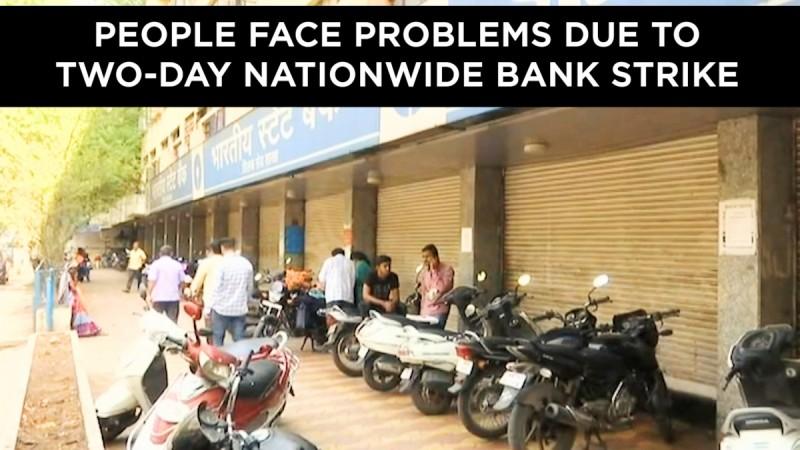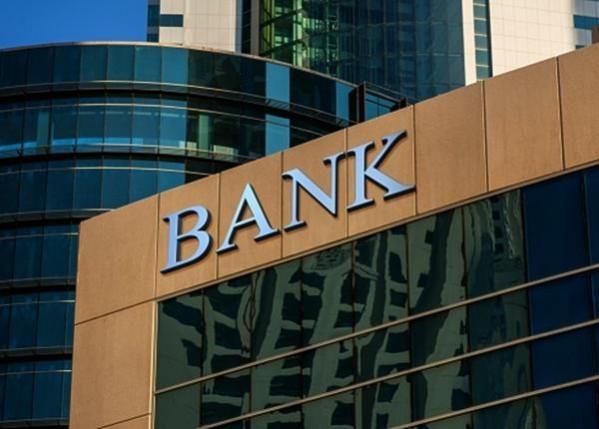The ongoing two-day nationwide bank strike against the privatisation of government banks has affected clearing of cheques worth about Rs 37,000 crore, said C.H. Venkatachalam, General Secretary of the All India Bank Employees' Association (AIBEA).
"There are three cheque clearing centres in India -- Chennai, Delhi and Mumbai. In two days - Thursday and Friday - about 38 lakh cheques worth about Rs 37,000 crore were held up," Venkatachalam said.

Giving a grid wise break up, Venkatachalam said in about 10 lakh cheques worth about Rs 10,600 crore in Chennai, about 18 lakh cheques worth about Rs 15,400 crore in Mumbai and some 11 lakh cheques worth Rs 11,000 crore in Delhi were not cleared.
He said, in addition to public sector bank staff, employees and officers of old generation private banks like Federal Bank, Karnataka Bank, Karur Vysya Bank, CSB Bank, South Indian Bank, Dhanlaxmi Bank, Ratnakar Bank, J&K Bank and also Kotak Mahindra Bank were also on strike.
Employees of foreign banks like Citi Bank, Standard Chartered Bank, Sonali Bank, Bank of America and others though very small in number are also on strike.
A section of employees and officers of Regional Rural Banks are also on strike, he added.
About one lakh bank branches remain closed and some others headed by senior officials were kept open as they did not participate in the strike.
However, there were no transactions in those branches as other staff were on strike. Venkatachalam said cheques drawn and between private banks like ICICI Bank, HDFC Bank are getting cleared as they are not on strike.

The strike was called by the United Forum of Bank Unions (UFBU), an umbrella body of several bank unions.
Venkatachalam said the strike is against the Centre's move to privatise public sector banks (PSB) and to introduce the Banking Laws (Amendment) Bill, 2021 in the current session of Parliament.
The passage of the Bill will enable the government to reduce their equity capital in the PSBs to less than 51 per cent and allow private hands to take over them. The Centre had earlier said it would privatise two of the banks.
Venkatachalam said that at the conciliation meeting held in Delhi on Wednesday, where representatives of the Indian Banks' Association (IBA) and the Finance Ministry were also present, the unions reiterated that they would defer the strike if the Central government assures them that it would defer the introduction of Banking Laws (Amendment) Bill 2021 in Parliament.
According to him, the only issue being confronted with the PSBs was that of huge Non-Performing Assets (NPAs) in which the major share was that of big corporates.
"Successive governments have taken initiatives such as Debt Recovery Tribunals, SARFAESI Act, IBC, etc, but they have not yielded the desired results and therefore ultimately banks were forced to write off those loans resulting into huge losses," he said.
This shows that it is not the nationalisation of banks, which has failed but it is the wilful default of the corporate and big business houses, which have dragged the banks into this crisis, Venkatachalam added.
"Even under the Insolvency and Bankruptcy Code, while bad loans have been resolved and banks could get back some portion of the loan, it has been with huge haircuts for the banks," he said.

















